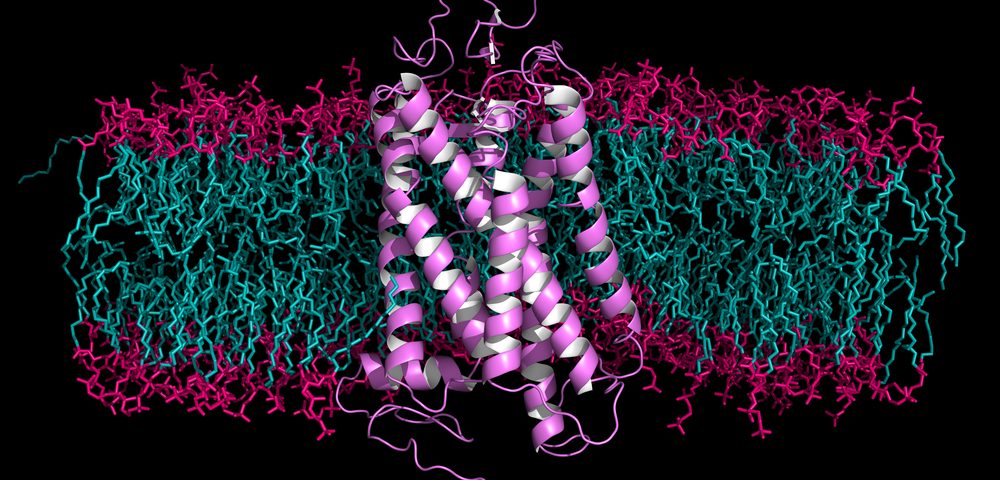High levels of the androgen receptor protein may play a role in the lower survival rate of men with both type 2 diabetes and prostate cancer, a study reports.
The research, “Androgen receptor overexpression in prostate cancer in type 2 diabetes,” was published in the journal Molecular Metabolism.
Contrary to what occurs in other diseases, men with type 2 diabetes do not have a higher incidence of prostate cancer. In fact, studies have shown they have a lower incidence.
When men with type 2 diabetes do develop the cancer, however, their survival rate is significantly lower. This has perplexed researchers, who have been trying to find out why.
Androgens, or male sex hormones, play an important role in the development of prostate cancer. A team of researchers wondered if analyzing major components of the androgen signaling pathway could yield clues about the link between type 2 diabetes and prostate cancer.
They studied prostate cancer tissue samples from 70 men with type 2 diabetes and 59 men without diabetes. One thing they looked for was androgen receptor levels in the tissue. They also studied the production of key proteins involved in androgen signaling.
One finding was increased levels of messenger RNA and androgen receptor protein levels in men with diabetes and prostate cancer. In addition, the team found a correlation between high levels of androgen receptor protein and high levels of the targets of its signaling, including the proteins PSA and PSMA.
Researchers also found a link between high levels of the receptor and increased cancer cell growth. This suggested that high levels of androgen receptor are associated with increased androgen signaling activity.
To get an even better grasp of why prostate cancer patients with diabetes have lower survival rates, researchers looked at two biomarkers of the cancer. One was levels of the functional insulin receptor (IR) protein. The other was insulin-like growth factor-1 (IGF-1) receptor (IGF1R) signaling.
There are two versions of IR protein — IR-A and IR-B. Levels of IR-A, which is associated with increased cell growth, are elevated in prostate cancer, researchers found.
They also discovered a link between higher levels of androgen receptor protein and a higher ratio of IR-A/IR-B levels. “Insulin receptors of isoform A are increasingly expressed in the prostate carcinomas of patients with diabetes,” Dr. Stefan Lutz, the study’s first author, said in a press release.
Cholesterol derivatives, including the molecules Cyp27A1 and Cyp7B1, are involved in androgen receptor regulation. While scientists believe Cyp27A1 helps protect against prostate cancer, they think Cyp7B1 is involved in its progression.
The study showed lower Cyp27A1 levels and higher Cyp7B1 levels in the tumors of prostate cancer patients with diabetes.
“We report elevated androgen receptor signaling and activity presumably due to altered insulin/IGF-1 receptors and decreased levels of protective estrogen receptor ligands in prostate cancer in men with diabetes,” the researchers wrote.
“These findings provide the basis for future clinical trials to investigate treatment response in patients with prostate cancer and diabetes,” they concluded.

